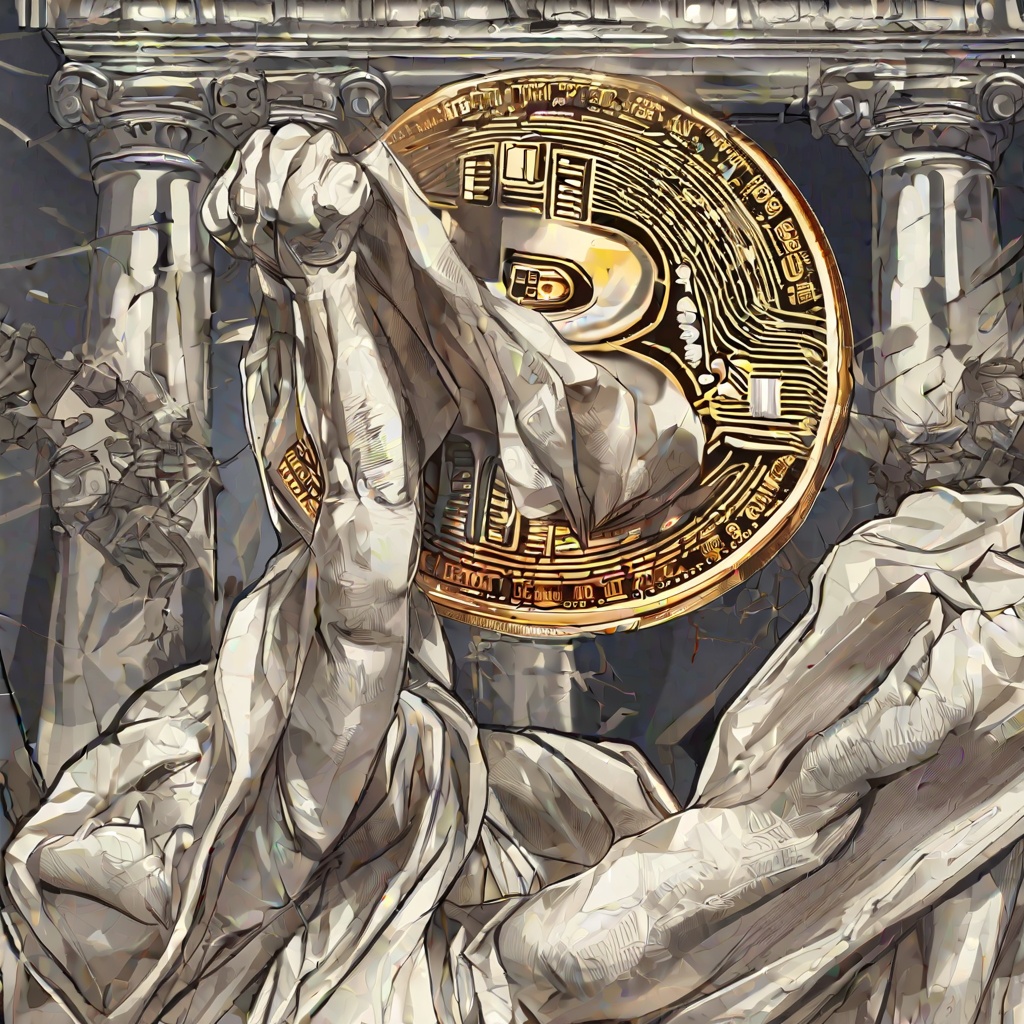Can I mint a copy of an NFT?
As a cryptocurrency enthusiast, I've been fascinated by the concept of Non-Fungible Tokens (NFTs). But I'm a bit unclear on some of the finer points. Specifically, I'm wondering: Can I mint a copy of an existing NFT? The uniqueness and authenticity of NFTs is what draws me to them, but sometimes I see works that I absolutely adore and I'm curious if there's a way to own a replica in some form. I understand that minting a copy would defeat the purpose of an NFT's uniqueness, but I'm just curious if it's technically possible, and if so, what the implications might be. Clarifying this point would help me better understand the nuances of this fascinating digital asset.

Is it illegal to copy NFT?
In the ever-evolving world of digital assets, the question of legality surrounding Non-Fungible Tokens (NFTs) and their duplication remains a pertinent topic. So, let's delve into this matter. Is it illegal to copy an NFT? At first glance, the answer might seem intuitive – surely copying something that's unique and holds value in the digital realm is akin to stealing. However, the intricacies of intellectual property and digital ownership are often murkier than they appear. An NFT is essentially a digital asset that represents ownership of a unique item, often a digital creation like art, music, or video. But does owning an NFT mean you own the copyright or intellectual property rights to that item? Not necessarily. The NFT might confer certain rights to the buyer, but these rights are typically defined in the smart contract or the terms of service when purchasing the NFT. So, when we talk about copying an NFT, we're not just discussing the duplication of a token on a blockchain. We're also discussing the duplication and potential distribution of the underlying digital asset itself. And that's where the legal grey area lies. If the NFT is a representation of copyrighted content, then simply duplicating the NFT does not inherently violate copyright law. However, distributing or using the copyrighted content without the copyright holder's permission likely would. But what if the NFT is a representation of an item that's not copyrighted? In this case, copying the NFT and potentially even distributing it may not be illegal, but it still begs the question: is it ethical? After all, the NFT represents ownership and uniqueness, and duplicating it undermines those principles. So, in essence, the legality of copying an NFT depends on the specific rights associated with the underlying digital asset and the terms of the NFT's sale. It's a complex issue that requires a nuanced understanding of intellectual property law and the specific context of each case.

Is it illegal to copy a logo?
As a finance and cryptocurrency practitioner, I often encounter various brands and logos in my daily work. However, the question of whether it's illegal to copy a logo often comes to mind. So, here I pose the query: What is the legality of replicating or utilizing another entity's logo without proper permission? Do intellectual property laws apply to such an action, particularly in the realm of cryptocurrency and finance? And if so, what are the potential consequences for those who disregard these laws?

How do you get the contract address of the token and copy it?
Could you please explain how to obtain the contract address of a token and subsequently copy it? I'm interested in understanding the steps involved in retrieving this information, as it seems crucial for various transactions and interactions within the cryptocurrency ecosystem. Could you break down the process into simple, straightforward steps? I'm not particularly tech-savvy, so a clear and concise explanation would be greatly appreciated. Thank you for your help!

Is it okay to copy a contract?
Is it acceptable to duplicate a contract?" This question often arises in the realm of business transactions and legal agreements. Contracts are legally binding documents that outline the rights and obligations of the parties involved. They are typically tailored to the specific needs and circumstances of the agreement. So, when faced with the prospect of copying a contract, one might wonder if it's permissible. Copying a contract without proper authorization or understanding of the legal implications could potentially lead to problems. Contracts often contain unique terms and conditions that are specific to the parties involved. Simply duplicating a contract without considering these nuances could result in an agreement that doesn't accurately reflect the intentions of the parties. Moreover, copying a contract without the consent of all parties involved could violate legal regulations. Contracts are often protected by copyright laws, and unauthorized duplication could constitute a violation of these laws. Therefore, the question of whether it's okay to copy a contract isn't a straightforward one. It depends on the specific circumstances and legal requirements of the agreement. It's always advisable to consult with legal experts or the parties involved before proceeding with any duplication of contracts to ensure compliance with legal regulations and the protection of all parties' rights.

